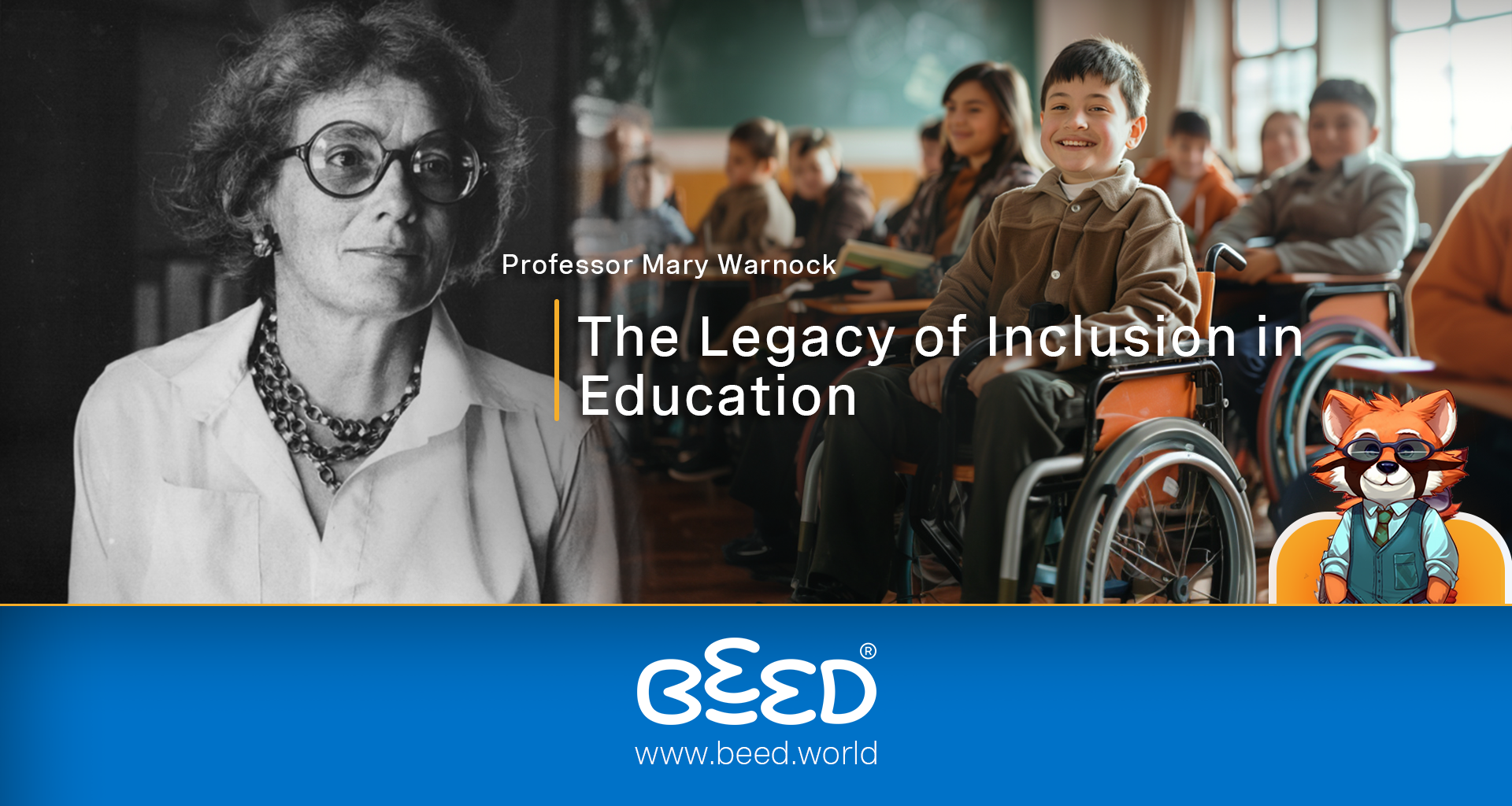Professor Mary Warnock and the Legacy of Inclusion in Education

Baroness Mary Warnock, a renowned philosopher and educational reformer, held prestigious positions at several Oxford Colleges throughout her career.
Challenge: In the mid-20th century, the UK education system largely segregated students with special educational needs (SEN) into separate schools. This approach often limits opportunities and stigmatises students with disabilities.
Professor Warnock's Contribution: In 1978, Professor Warnock chaired a government inquiry into the education of children with special needs. Her landmark report, "Special Educational Needs," advocated for a radical shift in educational philosophy.
Key Points of the Report:
- Inclusion: The report championed the idea of inclusion, calling for all students to be educated alongside their peers in mainstream schools wherever possible.
- Individualised Support: It emphasised the importance of providing individualised support to meet the specific needs of each student with SEN.
- "Statementing" Needs: The report proposed a system where students' specific needs would be formally documented in a "statement," ensuring they receive appropriate support and resources.
Impact: The Warnock Report had a profound impact on UK education policy. It laid the groundwork for the 1981 Education Act, which enshrined the principle of inclusion in law.
Outcomes:
- Increased Inclusion: The number of students with SEN educated in mainstream schools rose dramatically.
- Improved Support: Schools implemented individualised education programs (IEPs) to cater to students' specific needs.
- Empowerment: Students with SEN gained greater access to education and opportunities for success.
Challenges Remain: While significant progress has been made, ensuring equitable access to quality education for all students remains an ongoing challenge. Disparities in resources and support persist, and educators require ongoing professional development to meet the diverse needs of students with SEN.
Legacy: Professor Warnock's work continues to influence educational policy and practice both in the UK and internationally. Her advocacy for inclusion and individualised support has paved the way for a more just and equitable education system.